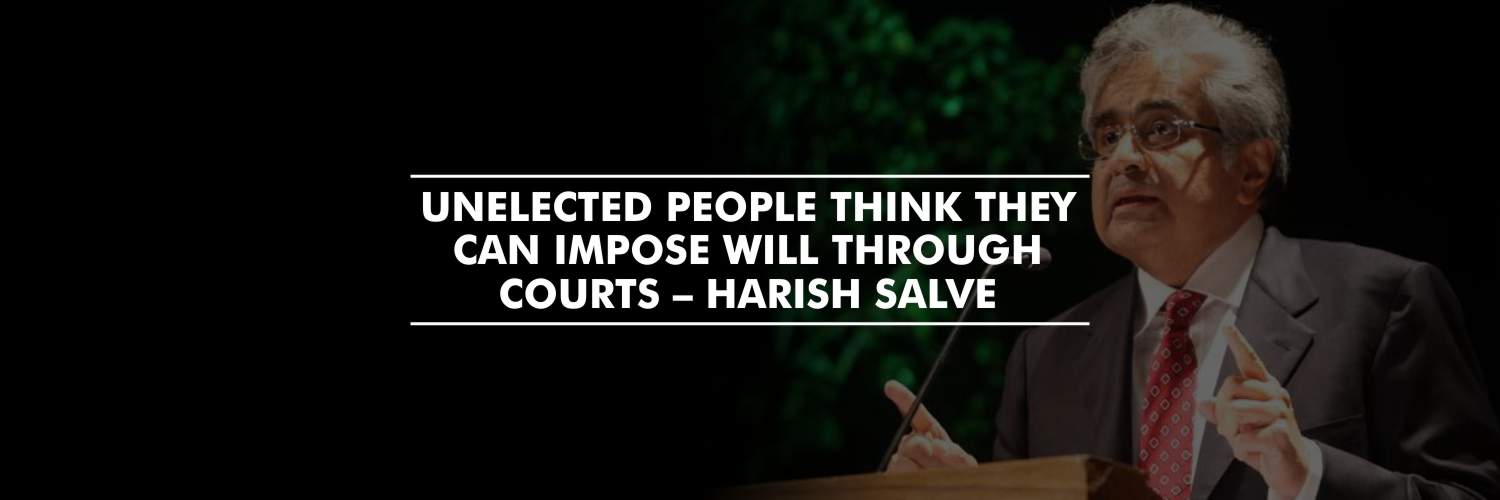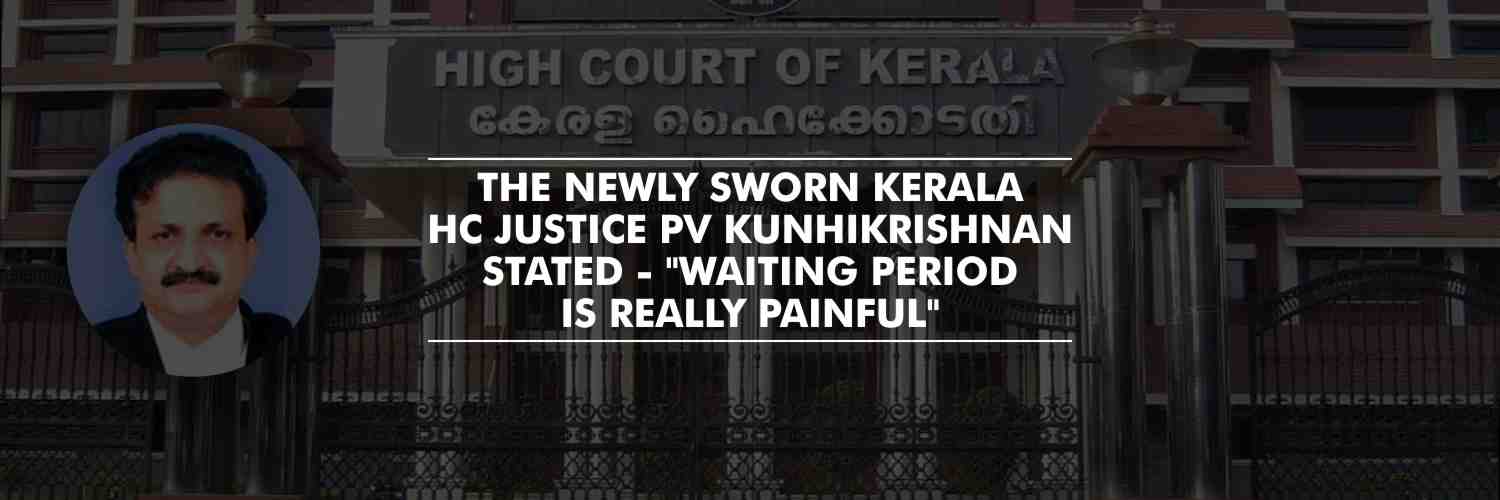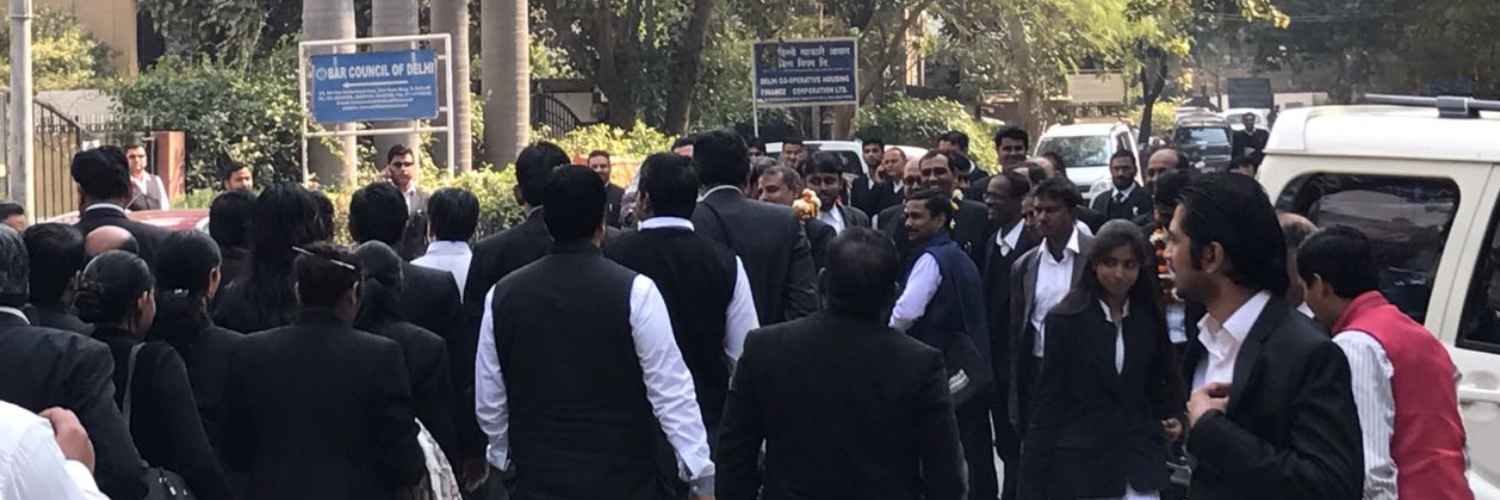The Central Bureau of Investigation has on Wednesday told the Supreme Court that the West Bengal government’s withdrawal of general consent under Section 5 of the Delhi Special Police Establishment Act for CBI to probe matters in the State, will not preclude the investigating agency from exercising its jurisdiction over railway areas within the State.
Earlier, on March 1, the apex court had granted time to CBI to file its response to the appeal of Anup Majee, the director of a company engaged in purchase and sale of the dry fuel, who is an accused in a case of alleged illegal coal trading in the Asansol-Raniganj belt of West Bengal.
West Bengal government had contended that since permission to the CBI to carry out any probe in the state was withdrawn on 16 November 2018, no investigation for offenses committed within its territorial jurisdiction can be conducted by the central agency.
Therefore, in its counter-affidavit, the probe agency has said that the alleged offense in the case has admittedly taken place within ‘railway areas’ which forms the “exclusive domain” of the CBI to investigate upon. The affidavit said that findings of the FIR make it abundantly clear that the investigation of the case relates to various facets concerning the Railways.
“Therefore, in view of the above and keeping in mind that facts and circumstances of the present case, it is clear that not only can the present respondent (CBI) conduct investigation in ‘railway areas’ without the prior consent of the state government but, such power in furtherance of the investigation, transcends to other areas beyond the ‘railway areas’, within the territorial jurisdiction of the state of West Bengal,” the affidavit said.
In respect of conducting an investigation into offenses that have been committed in ‘Railway Areas’, it is inconsequential whether the concerned State Government has accorded its consent or not, as the DSPE Act unequivocally grants the power to investigate in such cases, the affidavit filed by CBI in Supreme Court added.
Further, the affidavit stated that “In view of Section 5 and 6 of the DSPE Act, it can be held “that for the exercise of jurisdiction by the CBI in a State (other than Union Territory or Railway area), consent of the State Government is necessary” and as is the admitted position in the instant case, majority of the area where the offense has been committed is within the ‘Railway Areas’ in the State of West Bengal, which confers the power to the present Respondent to conduct an investigation even in the absence or withdrawal of a general consent under Section 5 of the DSPE Act.”
“The Petitioner and other co-accused persons were engaged in the facilitation and conduct of illegal mining and the transportation of coal by the Railways. Moreover, it has been succinctly noted by the Hon’ble High Court that the ‘Railway Areas’ constitute one of the major parts of the instant investigation, as the coal was illegally removed from the mines and transported through railways, starting from the railway siding in the mining area to different places,” the affidavit said.
It was further submitted that the investigation was based on a mandate given by the Central Vigilance Commission (CVC).
“The CBI is under a mandate of the CVC to continue and complete the investigation. The object of the accused persons is to siphon off depleting natural resources for their own gain running into hundreds of crores of rupees, thus leading to a loss of revenue to the Central government,” submits CBI.
CBI has also stated that once the registration of the FIR and the jurisdiction of the CBI with respect to “railway areas” is upheld, it is “indomitable to restrict the expanse of investigation as was done by the single-judge bench.”
As per sources, the case is likely to be heard on 15 March 2021.






